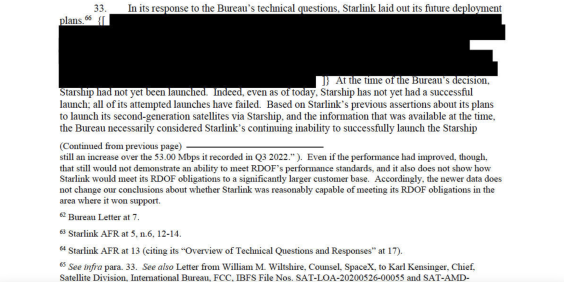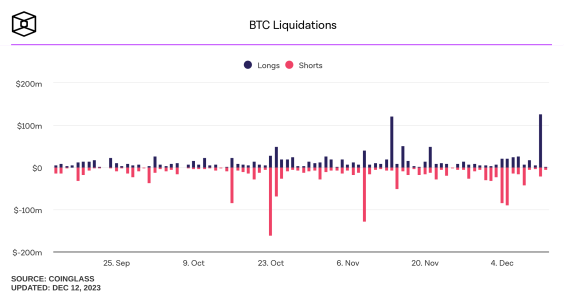This is not investment advice. The author has no position in any of the stocks mentioned. Wccftech.com has a disclosure and ethics policy.
Chipmaker Intel Corporation scored a big victory in court earlier today when an appeals court dismissed a $2.18 billion fine that had been imposed on it in 2021. The fine related to key chip power management and performance attributes came after a lawsuit was filed by VLSI Technology, an intellectual property license firm based in Chicago, Illinois. While IP licensing firms do not directly engage in business operations of the industries they own patents of, they still command some control by acquiring the rights to key technologies, without which technological advancement would be difficult. VLSI had sued Intel in 2019, and a Texas jury ruled in its favor two years later.
Appeals Court Throws Out Intel's Patent Infringement Award After It Found Insufficient Evidence, Incorrect Calculations
The lawsuit filed by VLSI covered two patents held by VLSI. These covered the voltages that a processor and its memory are powered up with and power sharing between multiple processors on the same board. For the first patent, the Appeals Court found insufficient evidence to determine whether Intel had violated VLSI's intellectual property. As a result, the court sent the case back to the Texas court that had initially awarded the fine.
For the second patent, i.e., the one that deals with multiprocessor, the court agreed with Intel's assertion that while the infringement was present, the method used to determine the award was incorrect. The case is one of many that has seen the two companies go head to head, with a court overturning a $3 billion award to VLSI in 2021 and another court awarding it $949 million last year.
VLSI is associated with the Hong Hong based investment conglomerate Softbank. It is a subsidiary of Fortress Investment Group, and Appeals Court judges had questioned earlier whether the method used by VLSI to determine the extent of Intel's infringement in the second patent had used other Intel products that were non-infringing.

Out of the $2.1 billion award, $1.5 billion was in damages for the first patent, while the remaining $675 million was for the other. After the reversal, the total reward might be eliminated or substantially reduced for the first patent, depending on the extent of evidence.
The technologies in question were used on Intel's Broadwell and Haswell processors, and according to court documents, "various Intel microprocessors with “Lake” in their names." For the Broadwell and Haswell products, VLSI's experts had determined that the firm's patents had led to the professors gaining 5.45% in both power and performance. The power usage and performance improvements were then translated into the effect that they had on the processors' price. VLSI's experts used regression to determine that for a 1% improvement in speed, Intel gained a 0.764% increase in price. Finally, the final amount owed to VLSI was determined after taking into account the costs it would have incurred for research.
In its appeal, Intel argued that VLSI's expert had used incorrect input data for its damage estimate. It stated that the data used was from products and functionality that was not part of the infringed patents, and as a result, the final damage estimate could not reflect the potential royalties that Intel would have paid to VLSI if they had entered into a license.
Crucially for Intel, the Patent Trial and Appeal Board had invalidated both of the patents earlier this year in separate proceedings.













